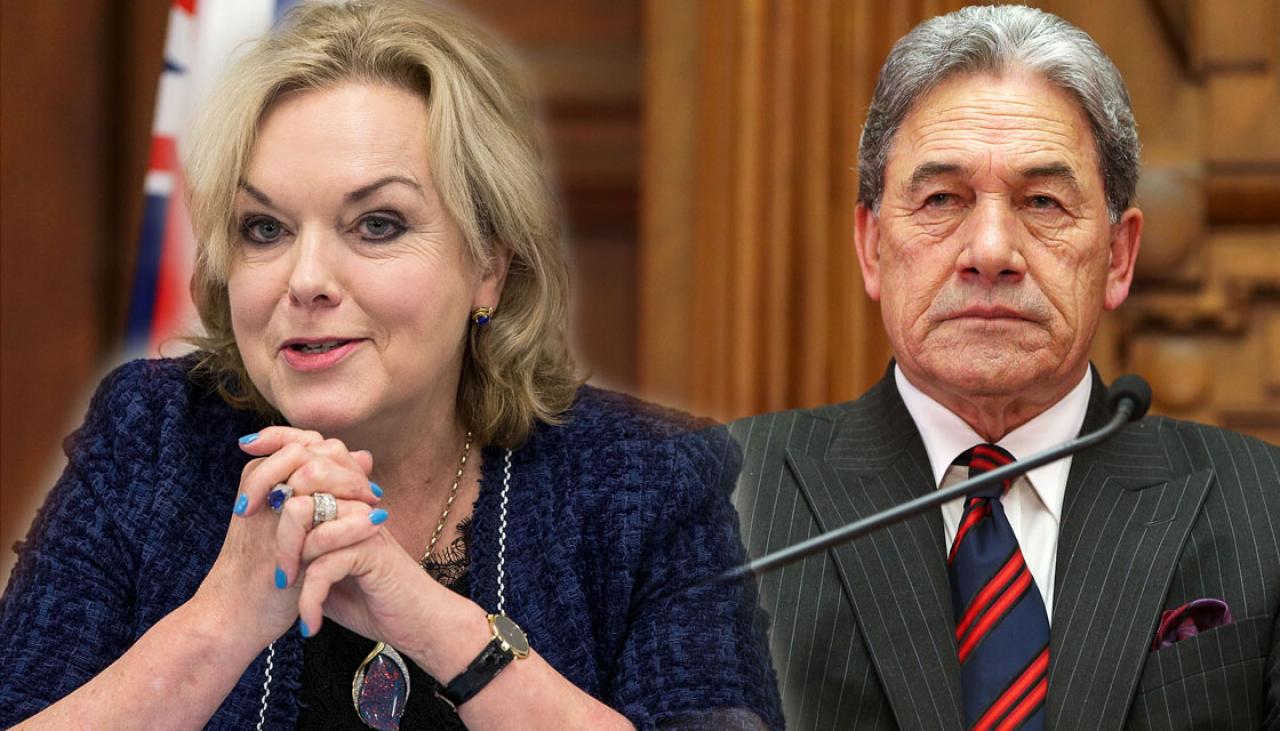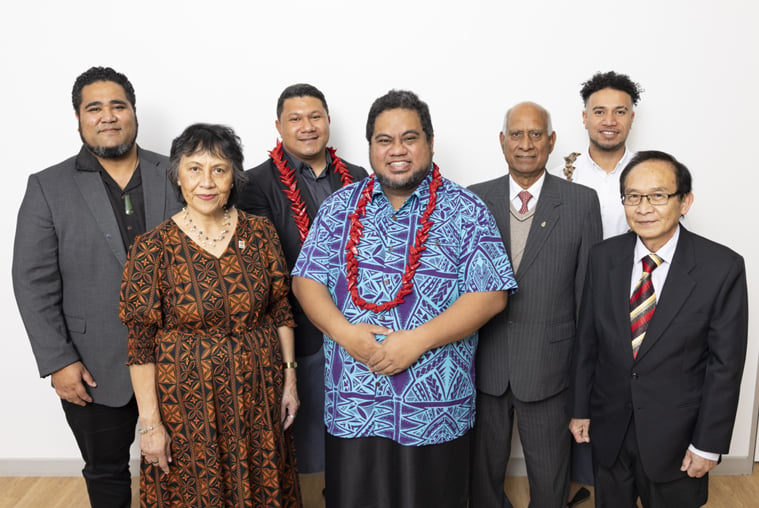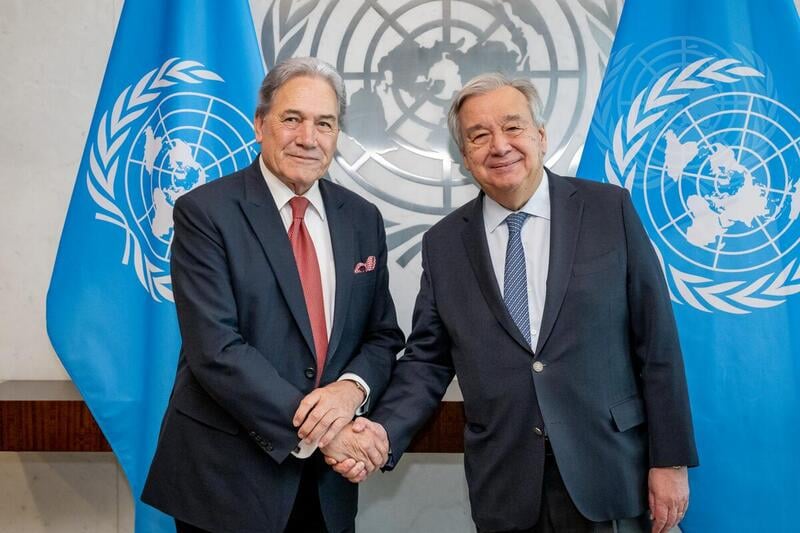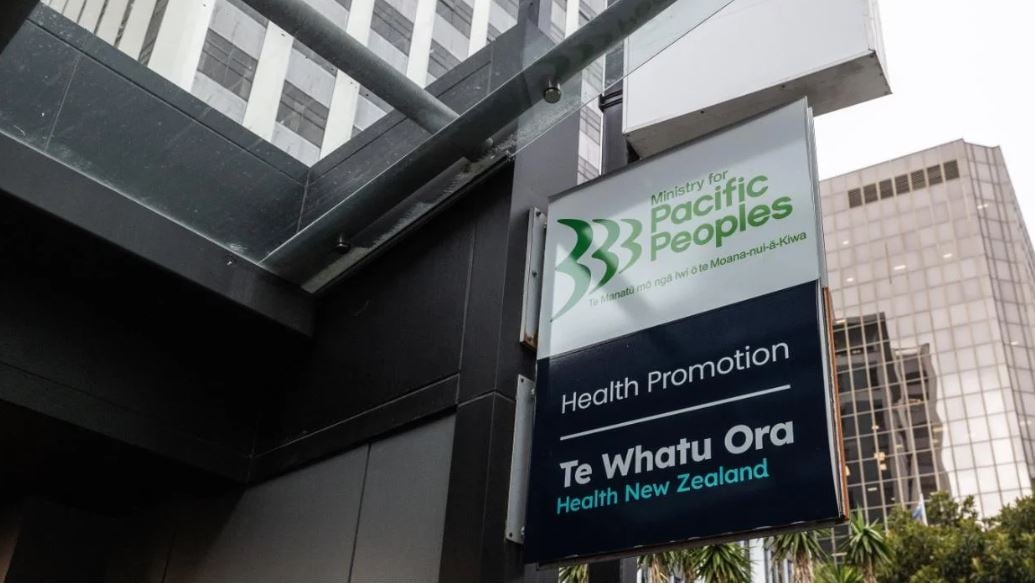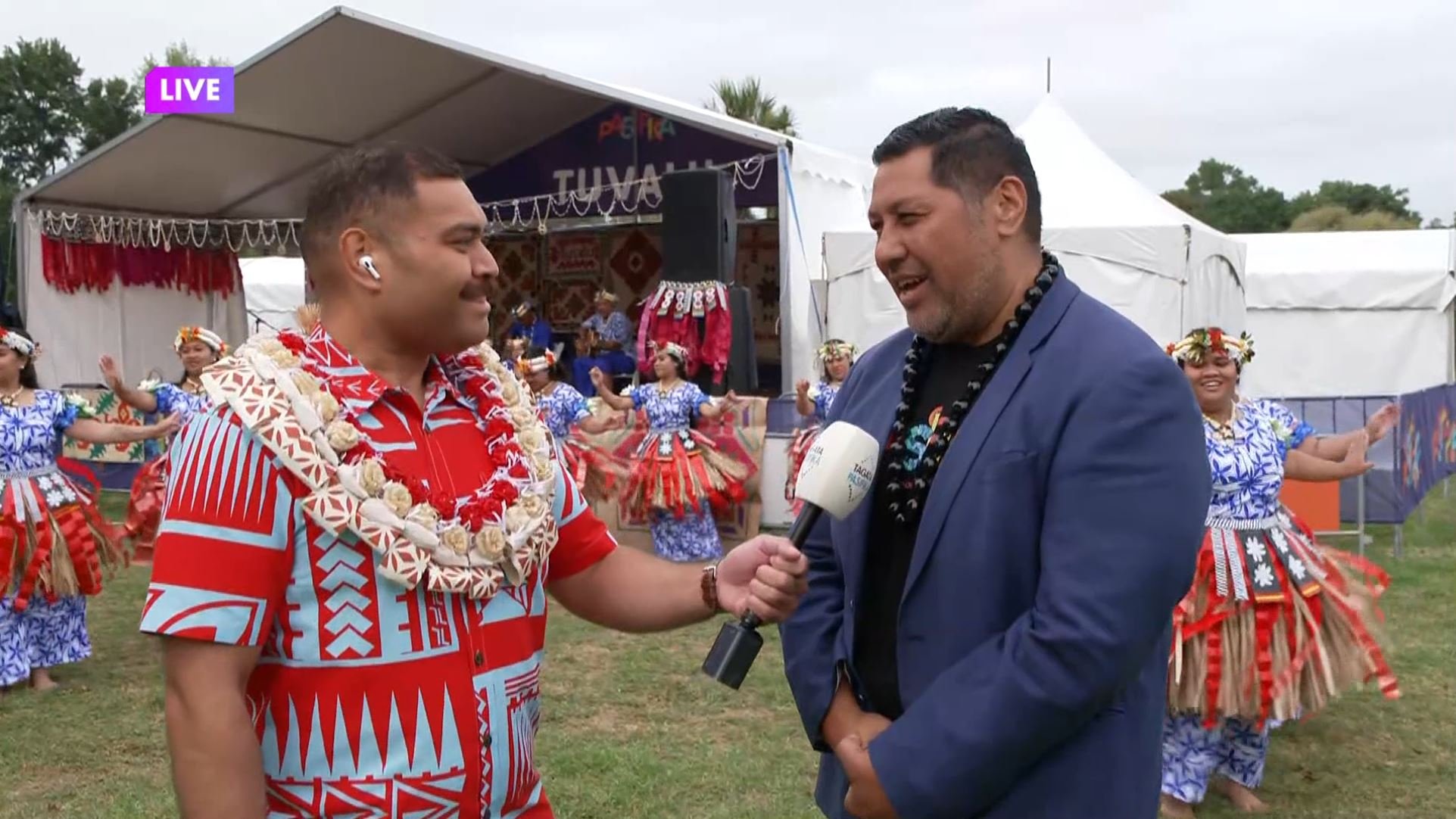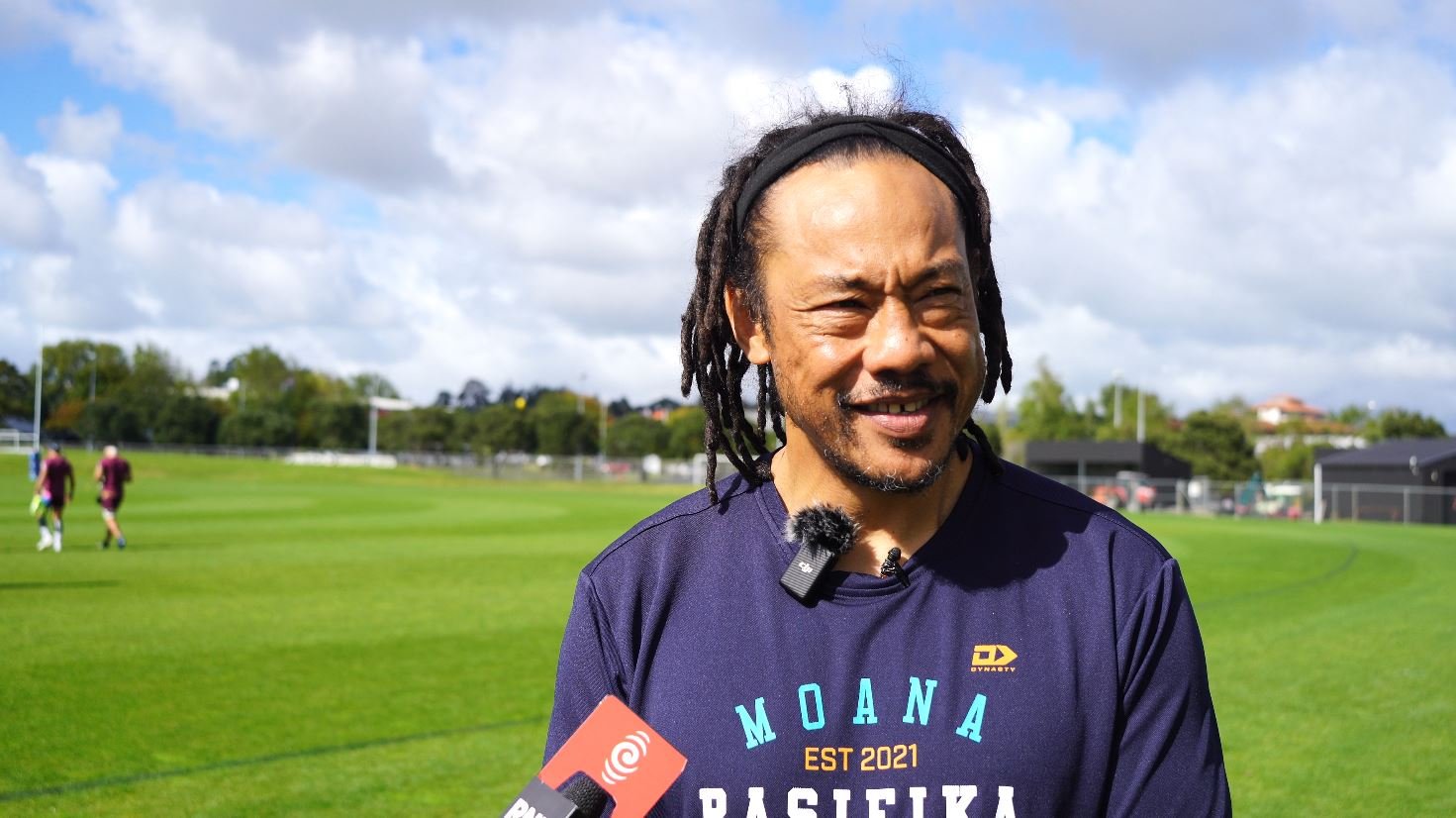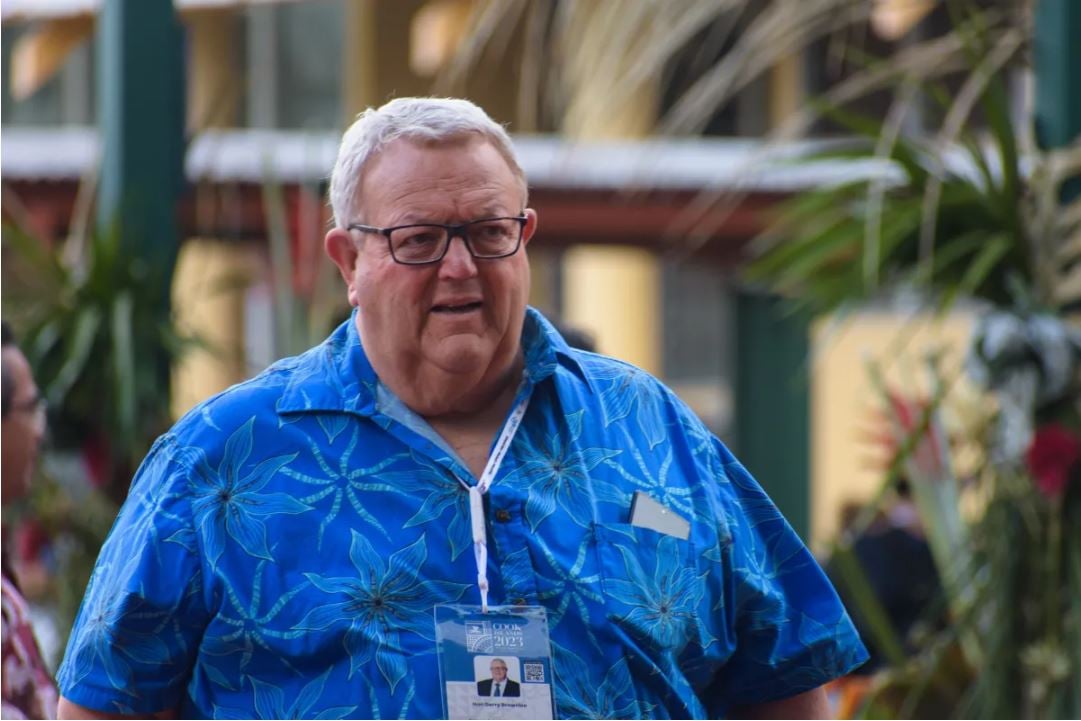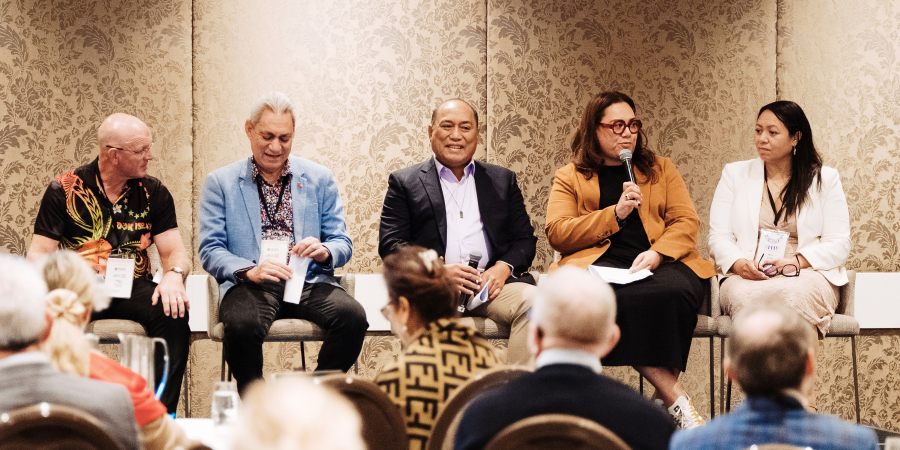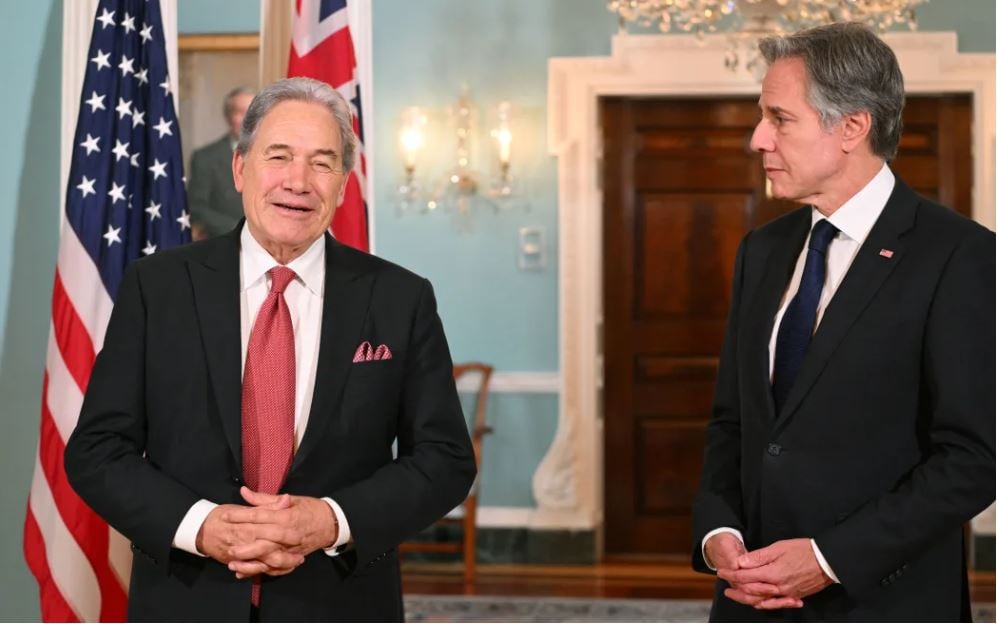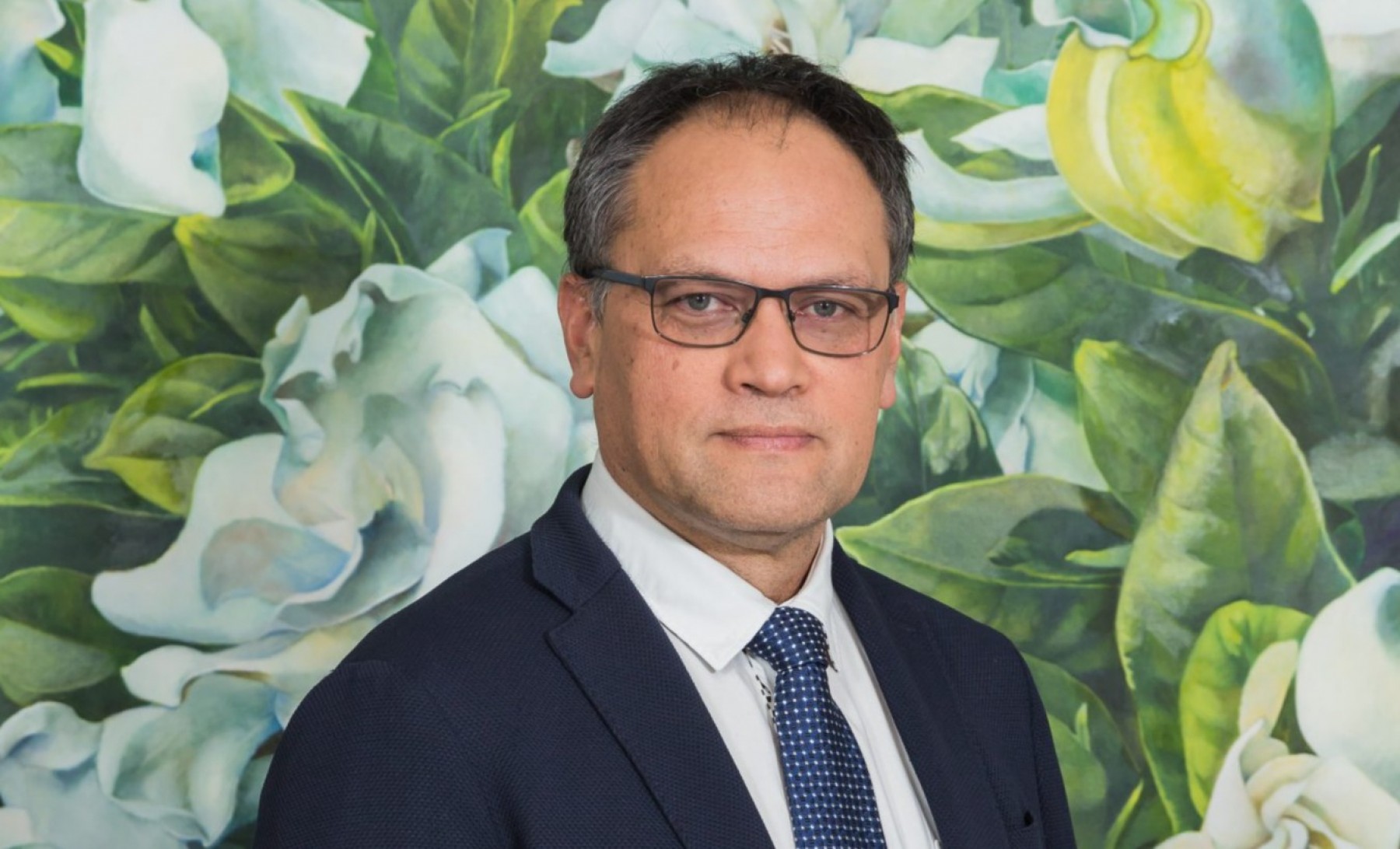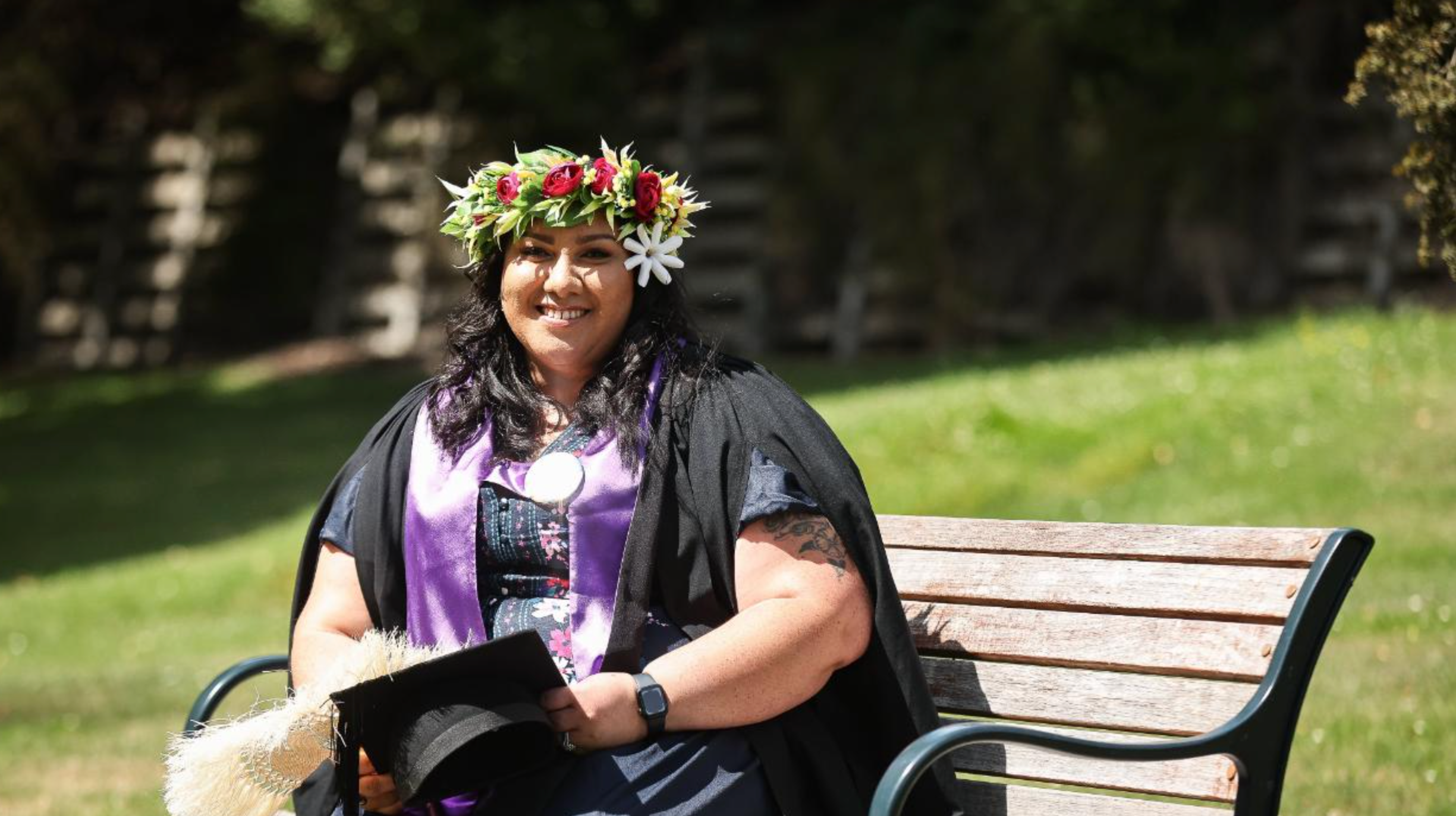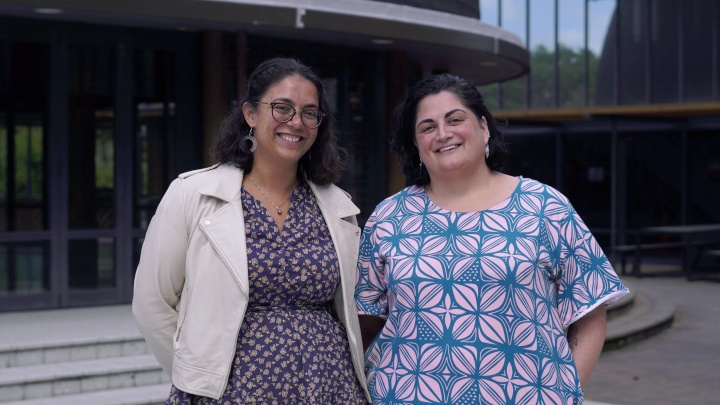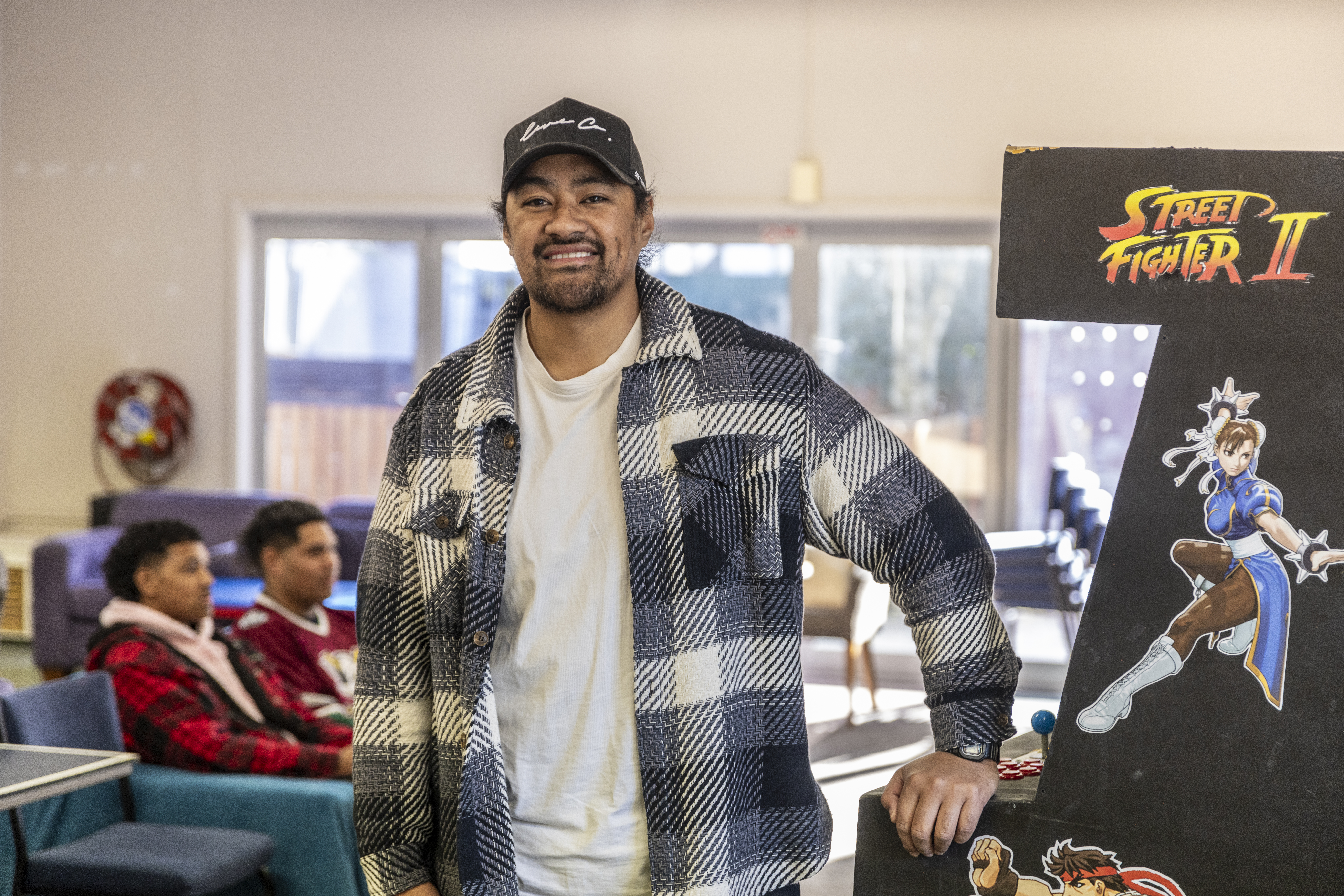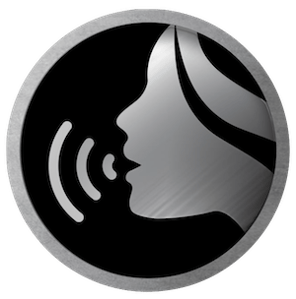Alice Lolohea speaks to Apisalome Movono and Regina Scheyvens about their new book, which highlights the resilience of people from across the Pacific in the face of the global pandemic.
Much like the famed Mauri Ora: Wisdom from the Māori World, Mana of the Pacific is a book brimming with Pacific proverbs and life in the islands. And with the wealth of proverbs found in all Pasifika communities, you could say this was long overdue.
From Communal Solidarity to Kinship and Culture, the book is sectioned into eight themes, sharing sayings like ‘Aramas chok angang’ (Chuukese words meaning ‘people must work together to accomplish great tasks’) or ‘A ugil merreder aua chull el melemedem era daob’ (Palau proverb meaning ‘a good leader, like rain, stills the ocean’).
Turning the pages of this freshly printed book, I can’t help but well up a little.
I’m strongly reminded of my years living in Tonga, when my Aunty would casually drop a Tongan proverb into everyday conversation — sometimes in jest, sometimes to weight her words, but always at the perfect moment.
“I’m really pleased that you do get a bit emotional talking about it,” Regina Scheyvens insists.
“As you’ll see with me, I find it so moving, and it’s great that it moves other people.”
Massey University academics Scheyvens and Apisalome Monovo compiled the book together, heavily inspired by the research they had been conducting in the Pacific.
The pair were investigating how tourism-reliant communities were coping in the midst of the global pandemic, conducting a survey and interviews with the help of Pacific research associates who had been hired as part of their project. Their findings were highly encouraging.
“We knew that there were really strong cultural systems and social systems in place that might help them to adapt. And that’s indeed what we found,” Scheyvens says.
“The [research associates] kept coming back to us with all of these amazing stories of their interviews, where people were talking about out how they were now supporting each other, their neighbours better,” Scheyvens remembers.
“They were sharing their extra, they were being innovative in terms of different forms of entrepreneurship. They were trading and bartering and they were going back to the Vanua, back to the land, relying on the land and the sea, learning from their uncles and aunties about traditional ways of making a living.”
But there are also the inevitable stories of struggle.
“There’s a story of a person who lost his job. He was a midlevel manager at the Intercontinental in Fiji. He and his wife both worked and lost their jobs at the same time,” Monovo recalls.
“[They have] moved back into their extended family, living with their brothers, in-laws, also a couple of families living together in one roof, and it’s not easy.
“But listening to this gentleman persevere and find a way and to enjoy time together despite all difficulties… And they’re still getting along, and they appreciate each other.”
Monovo and Scheyvens received positive feedback on their findings and wanted a way to capture this movement sparked by the pandemic. And so Mana of the Pacific was born.
The duo worked together with a variety of Pasifika knowledge holders to obtain the proverbs, check and translate them. Each one is accompanied by stunning photographs provided by Pedram Pirnia and Henry Scheyvens.
“We received various proverbs from different languages, but we also sourced a lot from pre-published and pre-existing collections,” Monovo explains.
“There are books of Tongan proverbs, Samoan, Fijian, Hawaiian proverbs, but there’s no one book that takes the pan-Pacific approach, and we thought it’s important to have a unifying approach.”
“We thought, ‘Okay, this would be a good contribution, not just to the time and the space, but to have lasting impact on future generations.”
One of the great aspects the pair have found is the newfound confidence Pacific Islanders have in changing the tourism industry in their own countries.
“They’re seeing that ‘we don’t only have to rely on outsiders. We don’t have to rely on a foreign industry like tourism’,” Scheyvens says.
“Vanuatu’s doing fascinating stuff with encouraging domestic tourism and really looking after their own people.”
“And they’re just realising they can do more for themselves without having to think they need others coming in to tell us how it’s done. And they don’t mind tourism. In fact, most people want to return to it, but they want a more balanced approach. As one older man said to us, an elder from Fiji, ‘Tourism must compliment our way of life.'”
Mana of the Pacific is available to purchase here.
Quotes have been edited for length and clarity.


